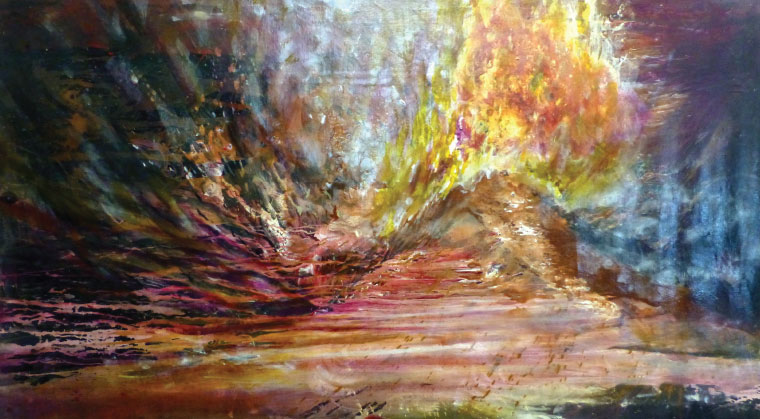Revelation Revealed: An Analysis of Prophetic Prerequisites


M aamad Har Sinai has been described in the Torah and preserved through our mesorah as a singular historical event where G-d directly communicated to His chosen people. The Torah records: “Hashem said to Moshe ‘So shall you say to Bnei Yisrael: You have seen that I have spoken to you from Heaven’ ” (Shemos 20:19). “Face to face did Hashem speak with you on the mountain from amid the fire” (Devarim 5:4). “This day we saw that Hashem will speak to a person and he can live” (Devarim 5:21). “For is there any human that has heard the voice of the living G-d speaking from the midst of fire as we have and lived!” (Devarim 5:23).
The great majority of Rishonim and Acharonim subscribe to the position that all the members of Bnei Yisrael were transformed into prophets capable of prophetically hearing G-d’s will and His words. This however raises the following difficulty. The Gemara in Nedarim 38a cites the teaching of Rav Yochanan that in order to be eligible for prophecy one must be mighty wealthy wise and humble. The Gemara adds in Shabbos 92a that one must also be a baal komah (tall) in order to reach the level of prophecy. It would seem inconceivable that all members of Klal Yisrael — men women and children — could meet these criteria. How then could they have experienced prophecy without the necessary qualifications?
The Ran argues that those lacking the qualifications described by Rav Yochanan may prophesize on occasion if there is sufficient justification to warrant such a prophecy. There are several approaches in the Rishonim to address this question. The Ran (Drashos 13) argues that those lacking the qualifications described by Rav Yochanan may prophesize on occasion if there is sufficient justification to warrant such a prophecy. The Ran states (similar to the Rambam Hilchos Yesodei HaTorah 8:1-3 and Ramban in Shemos 19:9) that for Moshe’s prophecy to be proved capable of withstanding any future challenge or contradiction it was necessary for Bnei Yisrael to experience prophecy and bear witness to Moshe’s prophecy. Given these considerations the normative requirements of prophecy were suspended allowing all members of Klal Yisrael to experience it and validate Moshe’s prophecy and ultimately the Torah itself.
The Rashba (Responsa 4:234) argues that Bnei Yisrael did achieve prophecy and while many members naturally lacked the necessary prerequisites God temporarily filled them with the necessary chochmah to be able to experience prophecy. He points to Shemos 31:3 for another example where G-d filled Betzalel with the necessary wisdom to construct the Mishkan.
The Abarbanel (commentary to Chapter 33 of Moreh Nevuchim) argues that Bnei Yisrael did experience prophecy and this was possible because there are in fact no formal requirements that need to be met to experience nevu’ah. The clear implication is that everyone is eligible for prophecy. As for the gemara in Nedarim the Abarbanel explains that it is referring to hashra’as haShechinah rather than prophecy. (Excerpted from Kolmus Issue 39)
Oops! We could not locate your form.







